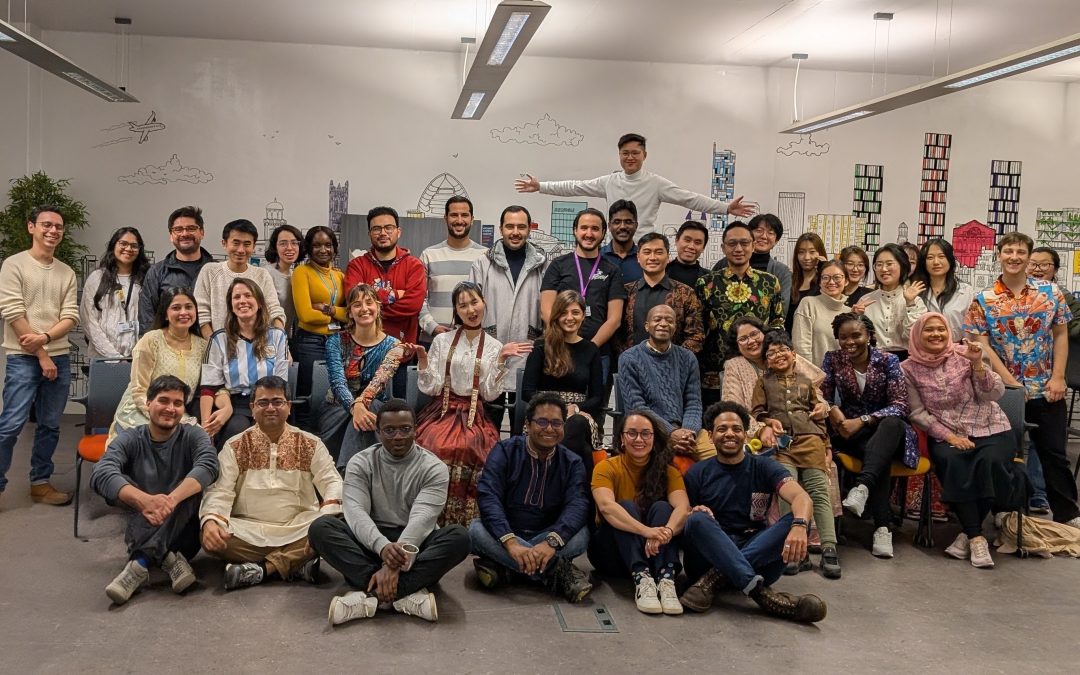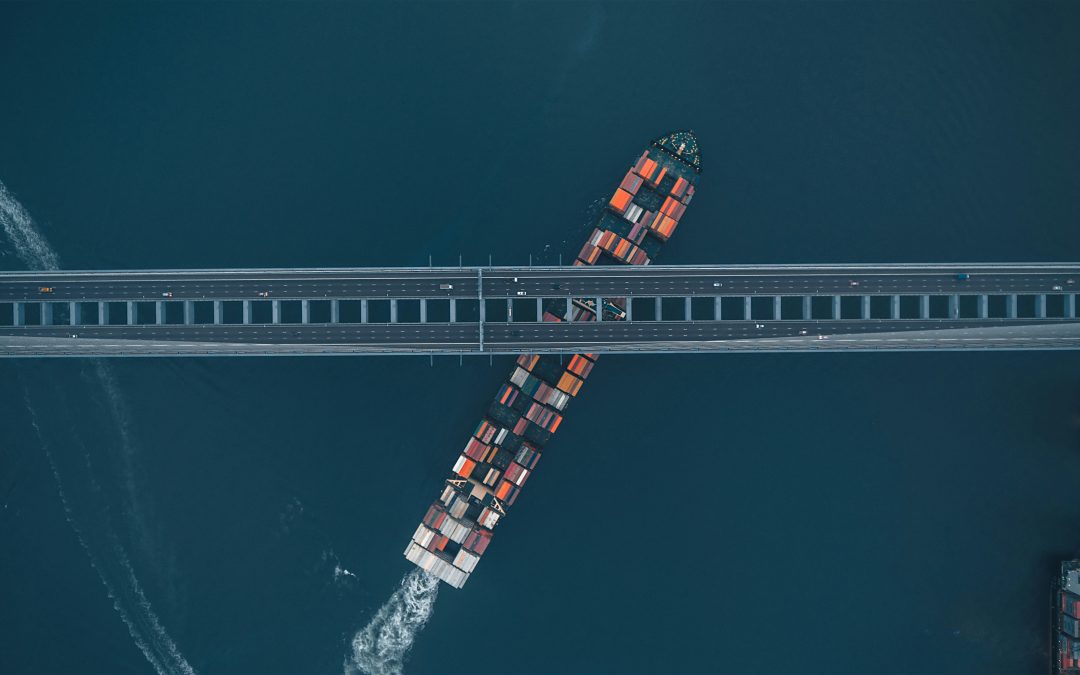
“We Keep Planting”: Seeds of Hope and Healing in Rwanda’s Thousand Hills
by Mariana C. Hernández-Montilla
I woke to the sound of chickens outside my dormitory window at the Akagera Community Centre. Their morning concert, an unexpected alarm clock during my stay, became a surprisingly perfect example of Rwanda’s new beginning. There was something persistent, vital, and remarkably ordinary about those chickens, which felt especially meaningful in a country where ordinary life had once disappeared.
When the world turned its back on Rwanda in 1994, the unimaginable happened. On the ground, Rwandans were left to face the tragedy alone. After ten UN peacekeepers were killed, the international community pulled out most troops, as documented at the Kigali Genocide Memorial and other sources. What followed was one of the worst genocides in modern history, a tragedy that shocked the world and left a lasting scar on humanity. Yet, 31 years later, under the slogan “Kwibuka 31” meaning “remember, unite, renew” in Kinyarwanda, I witnessed a nation that had transformed itself through extraordinary resilience and determination. To learn more about Rwanda’s recovery in my capacity as a teaching assistant, I joined my class of students enrolled in GDI’s Environment, Climate Change, and Development Master’s on a trip to Kigali.

The economic geographical challenges of 21st century capitalism
by Yuko Aoyama, Dan Haberly, Rory Horner and Seth Schindler
The contemporary global economy is undergoing considerable turbulence. The state is resurgent, in multiple domains. Unpredictability is seemingly the name of the game amidst geopolitical and military tensions, unprecedented tariffs, the recent and continued threat of pandemics, technological and climatic change. Researchers must face up to what appears to be an unstable and rapidly changing context. In our newly released, edited collection – ‘A Research Agenda for Economic Geography: Reframing 21st Century Capitalism’ – we showcase analyses of 21st century capitalism ranging from globalization, platformization, and green transitions to geopolitics.

Migration, Markets, and Minds: Why International Students Matter
by Mahtab Uddin
Doctoral Researcher, GDI, the University of Manchester, & Assistant Professor, Economics, University of Dhaka
I still remember my first day at Manchester Piccadilly Gardens. The sun was dazzling in the sky, a quite unusual sight in Manchester during winter. This was my first time in a cosmopolitan city. I mixed well amidst the people of all colours. It felt inclusive; it felt global.

Call for Papers: The Migrant Body in South-South Migrations
The Migrant Body in South-South Migrations
University of Manchester, UK
Monday 15th and Tuesday 16th December 2025

MSc Human Resource Management (International Development) students explore England
This April, students on our MSc Human Resource Management (International Development) took part in a residential visit as part of their study in the MSc Human Resource Management Enhancement Programme (HRMEP).

Call for Submissions – GDI Conference on “Palestine & Social Justice: Decolonisation and Development Studies”

How to use LinkedIn to share your research
By Skyla Baily, GDI Digital Communications Officer
In our thoroughly online world, just how important are platforms like LinkedIn when it comes to sharing your research? How can it help reach relevant audiences and provide opportunities for career development?

Protecting cities in a changing climate – Interview with José Antonio Puppim De Oliveira
Ever wondered how the Intergovernmental Panel on Climate Change (IPCC) generates its influential – often headline-making – climate reports? We caught up with José Antonio Puppim De Oliveira, GDI’s Professor of Climate Change Governance and Global Development, to discuss his participation in creating the IPCC’s upcoming Special Report on Climate Change and Cities. Having attended some of the initial report meetings, José reflects on the rigorous process and what the report could mean for policymakers and others working to protect cities around the world as climate change intensifies.

Trump’s Tariffs: Is This the End of Globalisation and Global Value Chains?
Khalid Nadvi, Professor of International Development, Global Development Institute, University of Manchester
5 April 2025
As financial markets across the world continue to reel from the tariffs imposed by President Donald Trump on April 2nd – so-called ‘Liberation Day’ – questions arise if this is the end of the era of globalisation and of global value chains? And, more particularly, who are the winners and losers from this process? In this brief note, I will argue that global value chains are far from dead, but they will be radically restructured because of this process. In terms of winners and losers, while it is hard to assess accurately who is most affected, many least developed countries are especially badly hit, with significant consequences for poverty.

Photo Competition – The Migrant Body: Embodied Experiences and Bodily Strategies in South-South Migration
Funded by the University of Manchester Hallsworth Fund and the British Academy Conference Fund
Scroll for French, Spanish and Portuguese translations.
Deadline for Photo Submission: 30th June, 2025
As migrants traverse borders, their bodies become sites of agency, struggle and transformation. Gendered norms surrounding female and male bodies shape the embodied, everyday experiences of migrants at every stage of the migration cycle. Yet much of what we know about migration focuses on the movement of people from the Global South to the Global North, obscuring the experiences of those migrating within the Global South. This call for photographs aims to present new visual materials from countries of origin, transit and destination in the Global South. Photos will shed light on the gendered and racialized bodily strategies of migrants and their families as they encounter, resist and transform embodied manifestations of power and discrimination before, during and after their migration journeys.

